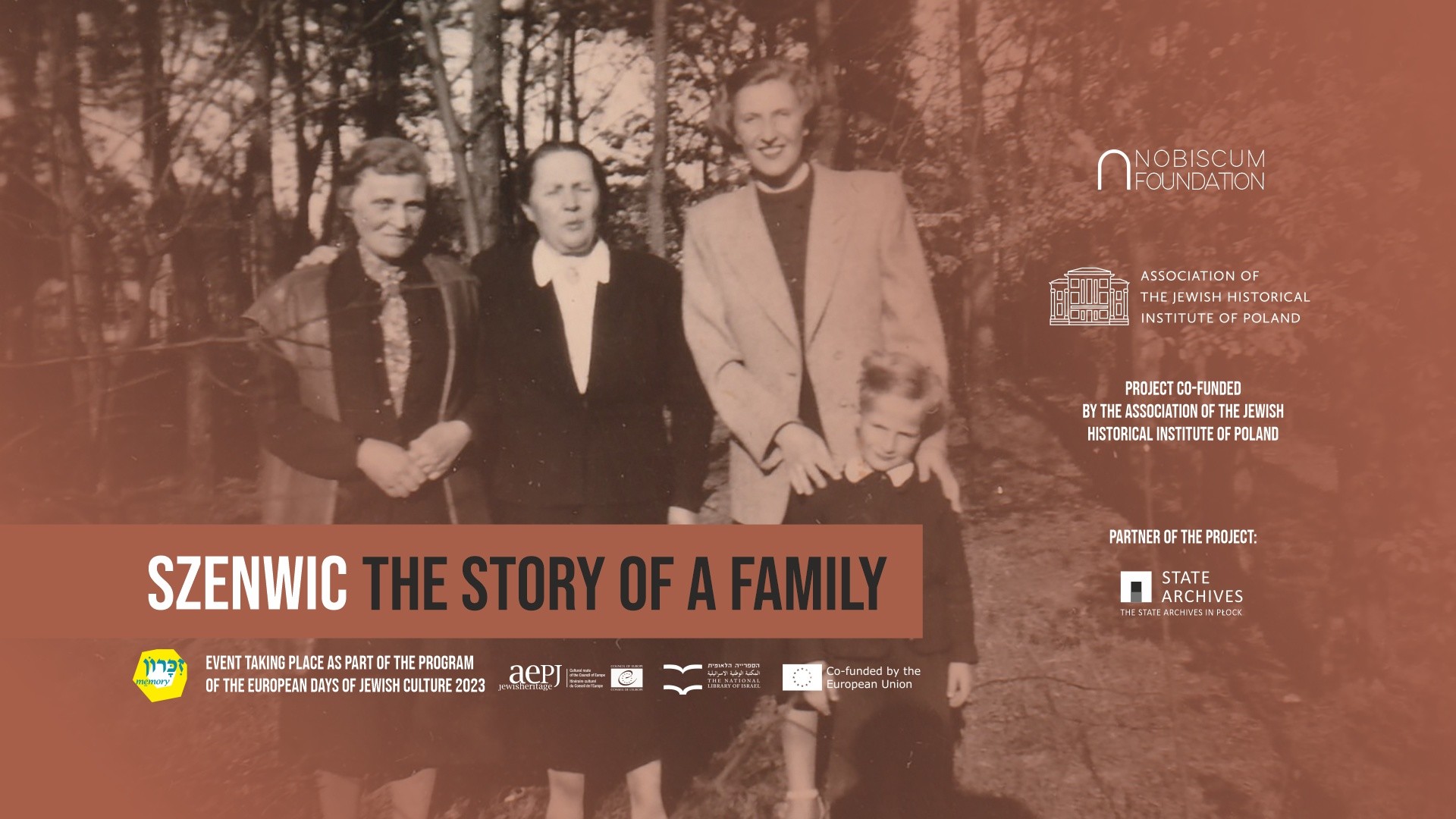PREVIOUS PAGE BACK TO FIRST PAGE
Roman Szenwic (1917-1977) from 1940 was an advocate of the Roman Rota, a soldier of the 2nd Polish Corps. He was the author of many articles in the field of canon law. He actively participated in the Association of Polish Veterans in Italy, serving as secretary of the board for almost 30 years. He co-founded the Association of Polish Independence Organizations – the main organization of the Italian Polonia. He was awarded, among others Knight’s Cross “Polonia Restituta”, Golden Cross of Merit and Veteran’s Cross.
Aniela Stella Klara Szenwic was born on November 11, 1913 in Warsaw. She attended the school of the Sisters of Nazareth and obtained three degrees with the highest grades from the University of Naples: in philosophy, philology and literature. She spoke fluent Polish, Italian, English, German, French and Arabic. She worked for the secret Vatican archives before being arrested and interned by the fascist regime, initially at Villa Sorge in Lanciano. She was officially arrested in Positano for contacts with German dissidents, but she claimed it was because she rejected the love advances of a local fascist leader.
She spent the entire war in prison or only partially at liberty. There she met her future husband Enrico Viglia, who was also in Lanciano for his anti-fascist activities. During her time in prison, she met Maria Eisenstein, who mentioned her in her autobiographical book “Interned Number 6” published by the CPL in 2021.
Enrico was later sent to the Mauthausen concentration camp by the fascists for trying to free a Jewish friend in Bologna. He spent the rest of the war in the camp.
After the war, Aniela Stella Klara was suspected of being a Soviet spy. The files of the secret services have survived, mentioning her visits to the house of Palmiro Togliati – the secretary of the Italian Communist Party, which was probably related to the translations she performed for him professionally. Suspicions were unlikely, considering that she had hated communism all her life, as well as Nazism and fascism.
From 1968, Aniela Stella Klara lived with her daughter in Lebanon. She died in 1986 in Rome.
She was loved and admired by all who knew her. She was known for never being unkind to anyone she met in her life. Aniela Stella Klara never talked about her story during the war, her family discovered it only after accidentally reading Maria Eisenstein’s quotes in the book “Luci e Ombre” by the Italian historian Gianni Orecchioni.
















